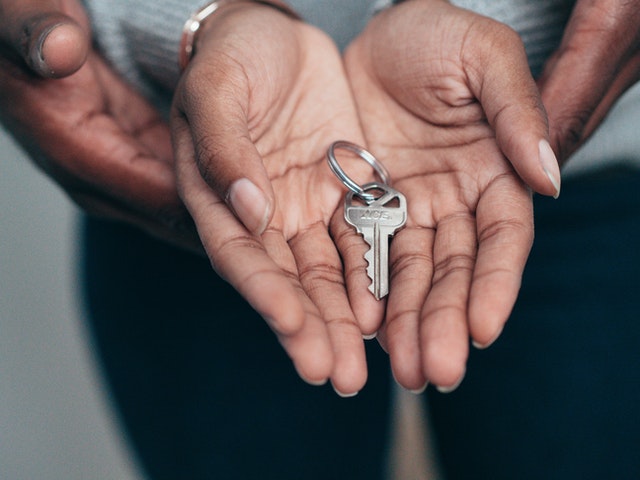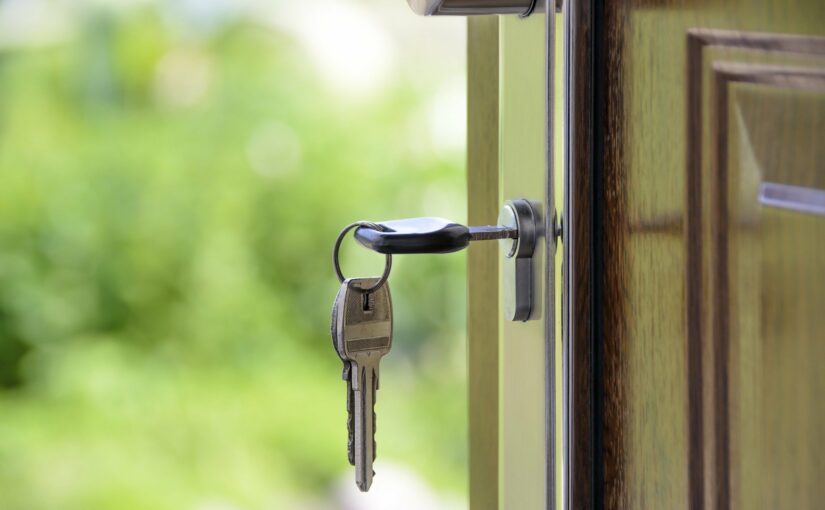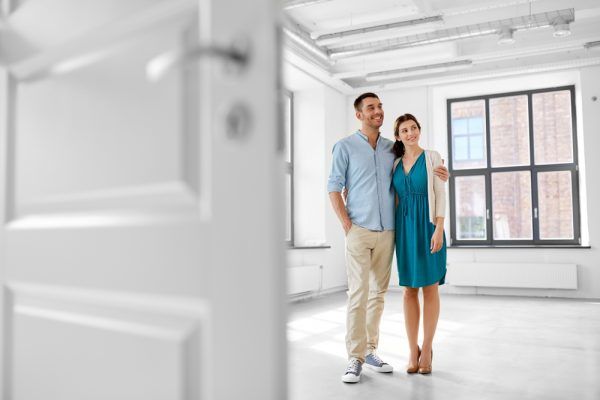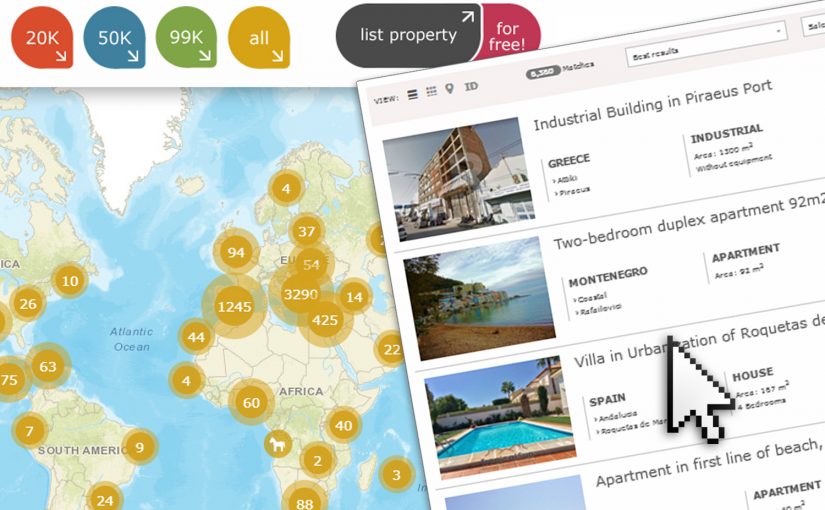Because Renting Out a Slice of the French Countryside Sounds Dreamy—But Is It Right for You Are You Ready to List It?
So, you’ve got a French gîte. Maybe you bought it as a charming vacation home or inherited it from a relative who loved the French countryside. Now you’re wondering if it’s time to list the place and share those rustic stone walls, rolling vineyard views, or quaint garden paths with travelers from around the world.
Before you list it, let’s have a heart-to-heart about the pros, cons, and all the in-betweens of listing your French gîte. Owning such a property is already something special, but actually renting it out can be a whole different adventure. Think “romantic escapade with a dash of business savvy.”
Let’s walk through the big points to consider, from potential income and marketing to legal stuff. By the time we’re done, you’ll have a clearer picture of whether opening your gîte to guests is truly the right move for you.
1. What Exactly Is a Gîte, and Why Do People Love Them?
If you’re thinking, “Wait, maybe I should clarify why my gîte is so appealing in the first place,” you’re not alone. A gîte is typically a furnished vacation home in France, often tucked away in the countryside or in a quaint village. In other words, it’s a charming retreat for travelers who want an authentic French experience without shelling out for a hotel chain.
Why People Love Gîtes
- Authentic Charm: Guests can live like locals, cooking meals with fresh market produce in a rustic kitchen.
- Private Spaces: Families or couples often appreciate having their own space to relax.
- Location, Location, Location: Whether it’s near vineyards, lavender fields, or medieval towns, a gîte can be a gateway to exploring a region in depth.
If you want to know more about the allure of these properties, check out The Charm of A Gîte: A Guide to Your Own Slice of French Countryside (placeholder link). It’s a quick, fun read that dives deeper into what makes gîtes so special.
2. The Appeal to List And Rent Out Your Gîte
Let’s jump right into the good stuff: why list your gîte in the first place?
A. Extra Income
Who doesn’t like a little side hustle? If your gîte is in a prime location—like the Loire Valley, Provence, or even just an idyllic spot in rural France—there’s a good chance you can earn steady rental income during peak travel seasons. Some owners even make enough to cover their mortgage and maintenance costs entirely.
B. Flexibility
Unlike a traditional rental property, a vacation rental lets you decide when and how often you want guests. Want to enjoy the place yourself for a month in the summer? Block off your calendar. Prefer to keep it private during the winter holidays? Easy peasy.
C. The Joy of Sharing
OK, this might sound a bit cheesy, but it’s true. Many owners love sharing their little French paradise with others. It can be fun to welcome travelers, offer tips on the best local bakeries, or share the hidden walking trails behind the property.
3. The Not-So-Glamorous Side of Gîte Ownership
Now for a reality check. Renting out your gîte isn’t all croissants and rosé.
A. Maintenance Costs and Effort
Gîtes, especially older ones, require regular upkeep. From leaky roofs to squeaky shutters, things can—and will—go wrong. Some repairs might be quick weekend fixes, but others can be costly and time-consuming. When guests are paying for a cozy, problem-free stay, you’ll need to address these issues promptly.
B. Marketing and Guest Communication
Listing your property online is just the start. You’ll also need to handle inquiries, manage bookings, and be available to answer questions. If you don’t live nearby, you might need a local co-host or property manager.
C. Seasonal Variations in Demand
Depending on your location, you might see a surge in bookings during summer and a near standstill in winter. That’s normal for many European vacation spots, but it can also mean inconsistent cash flow. Budgeting becomes important, so you’re not left strapped for cash in the off-season.
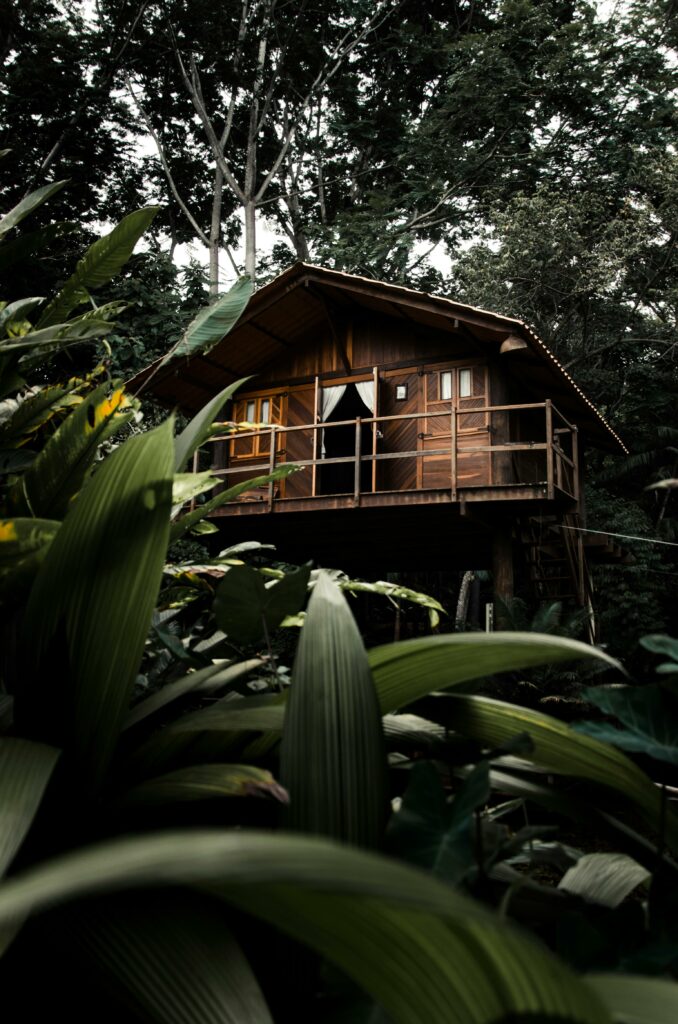
4. Legal and Administrative Must-Knows
Owning property in a foreign country can be tricky. Renting it out adds another layer of complexity.
A. Registration and Permits
In many parts of France, short-term rentals must be registered with local authorities. Some towns have introduced strict rules or caps on vacation rentals to preserve local life. Research your specific region’s requirements. Talk to your local mairie (town hall) or a reliable property lawyer to ensure you’re on the right side of the law.
B. Taxes
Yes, even in France, you can’t escape taxes. You’ll likely owe income tax on rental earnings and possibly local taxes like “taxe de séjour” (tourist tax). The specifics can vary, so it’s wise to consult an accountant who understands French property laws.
C. Insurance
Make sure you have the right insurance policy in place, covering not just your property but also any liability in case guests injure themselves or damage neighboring properties. Insurance can feel like a snooze-fest, but it’s crucial for peace of mind.
5. Marketing Your Gîte: Finding Your Unique Angle
So you’ve decided to rent. How do you make your listing stand out in a sea of adorable French cottages?
A. Highlight the Experience
Sure, your gîte might have a comfy bed and a working kitchen, but what’s the experience? Is it sipping wine at sunset on a terrace with vineyard views? Strolling through a local farmers’ market on a lazy Sunday? Include descriptive, story-like elements in your listing.
B. Gorgeous Photos
Quality photos can be the difference between a booking and a “meh.” Take pictures during the golden hour (the hour before sunset) for that warm, inviting glow. If you’re not confident in your photography skills, consider hiring a pro.
C. Platforms and Booking Sites
Listing on well-known platforms like Airbnb, VRBO, or Booking.com can give you global visibility. You might also find niche sites specializing in French holiday rentals. Just be aware of each platform’s fees and terms.
D. Guest Reviews
Encourage satisfied guests to leave reviews. Positive reviews can build trust, boost your listing’s ranking, and attract future travelers. Word-of-mouth can be powerful, especially in travel communities.
6. Day-to-Day Management: Are You Up for It?
Running a vacation rental can be surprisingly hands-on. Let’s break down what you might deal with regularly:
- Check-Ins and Check-Outs: Greeting guests, handing over keys, and going through any house rules. If you’re not local, you’ll need a reliable person to do this for you.
- Cleaning and Laundry: Gotta be spotless between bookings. If you hate cleaning, hiring a service is a must.
- Maintenance Calls: Plumbing issues at 2 a.m.? While that’s rare, problems can arise at inconvenient times.
- Guest Communication: Some guests are independent, but others might contact you for dining recommendations, directions, or even help with the washer.
If this sounds like more work than you’re willing to handle, a property manager or co-host could be a lifesaver. They’ll take a cut of your earnings, but often they’re worth every euro.
7. Financial Viability: Crunching the Numbers
Let’s talk money. A gorgeous farmhouse in Provence might rent for a high nightly rate, but it also might have bigger upkeep costs. Conversely, a smaller cottage might be cheaper to maintain but will earn less per booking if you list it.
Key Factors to Evaluate
- Mortgage (if applicable): Can rental income cover or exceed your monthly payments?
- Utilities and Maintenance: Old stone walls might need more frequent care. Factor in property taxes, utilities, and potential repairs.
- Peak Season vs. Off-Season: Estimate how many weeks a year you can realistically rent the place.
- Competition: Check out similar listings in your area to gauge average nightly rates and occupancy.
Run these numbers through a simple spreadsheet. Be honest with yourself. It’s easy to get carried away with optimistic occupancy rates. Aim for a conservative estimate first. If it still looks promising, you’re in good shape.
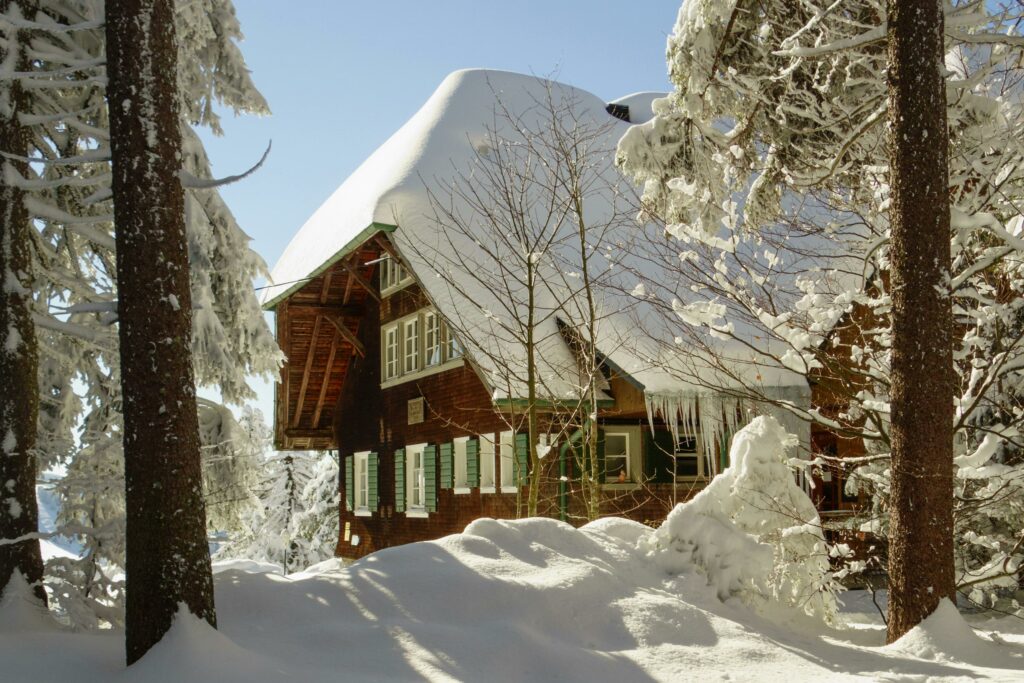
8. The Personal Perk: Using the Gîte for Yourself
Don’t forget the best part: you (and maybe your family or friends) get to enjoy the property, too. If you plan to use the gîte frequently, make sure your rental schedule is flexible enough to block off your preferred dates.
Some owners block out a few weeks each year for personal use, often during the off-season or for special occasions. It’s a sweet perk that can keep you from feeling like your beautiful French retreat is always “taken over” by strangers.
9. Potential Pitfalls and How to Avoid Them
Even if you’ve done your homework, snags can still pop up.
- Unrealistic Expectations: Don’t expect to be fully booked in the off-season if your area doesn’t attract winter tourism.
- Negative Reviews: Sometimes guests have unrealistic expectations, or you might just have a bad day. Respond politely, address issues quickly, and learn from the feedback.
- Language Barriers: If you don’t speak French, hiring a bilingual property manager or using translation apps can help smooth things over with local authorities and vendors.
- Cultural Differences: French communities value peace and quiet. Make sure your guests respect local rules about noise and neighborly conduct, especially in rural villages.
10. A Quick Personal Anecdote
I helped a cousin list his charming stone cottage in Normandy a couple of years ago. He was hesitant at first, worried about the hassle. But after crunching numbers and talking to a few local hosts, he gave it a shot. The first summer, he had almost 90% occupancy—enough to pay off a big chunk of his renovation debt. He did have a few hiccups (like a busted heater in December), but overall, he doesn’t regret it for a second.
Moral of the story: If you’ve done the research and the numbers add up, taking the leap can be a blast—and profitable, too.
11. Final Reflection: Is Listing Right for You?
So, should you list your French gîte? Only you can make that call. It depends on your financial goals, how much time you’re willing to invest, and how comfortable you are navigating French laws and local customs.
Ask Yourself:
- Am I prepared for the upkeep and guest demands?
- Do I understand the local taxes and regulations?
- Can I handle the marketing or delegate it to someone else?
- Will the numbers work in my favor, especially after I factor in fees, taxes, and maintenance?
If you answered “yes” (or at least “I can make it work”) to most of those questions, then listing your gîte might be a great move. If you’re still hesitant, consider doing more research, talking to local experts, or even trial-running a shorter rental season to see how it goes.
12. Ready to Jump In? Here’s Your Next Step
If you’re excited about sharing your French hideaway with the world, start by getting all your ducks in a row:
- Check Local Regulations: Talk to your mairie or check official websites to see if any rules might limit or affect your ability to rent.
- Research Platforms: Decide where you’ll list your gîte. Maybe start with one platform to keep things simple.
- Prepare the Property: Fix any obvious issues, give it a thorough clean, and consider a quick refresh with paint or décor if needed.
- Stage and Photograph: Show your property in its best light. Think about what sets it apart.
- Set Competitive Rates: Look at similar properties in your area, and don’t be afraid to adjust your price based on demand.
In Closing
Owning a French gîte is a privilege and an adventure. To list it can open doors (literally!) to a whole new world of connections, cultural exchange, and financial gain. It’s not always easy, but when done right, it can be incredibly rewarding. Think carefully, plan thoroughly, and soon you could be welcoming travelers from around the globe to your slice of France.
Remember, every gîte has its own story—yours included. If you’re ready to let new characters into that story, go for it! And if you decide to keep it all to yourself, hey, that’s cool too. After all, who can blame you for wanting a personal getaway in the French countryside?
Good luck, happy hosting—or happy relaxing if you decide the hosting life isn’t for you. Either way, à bientôt!

